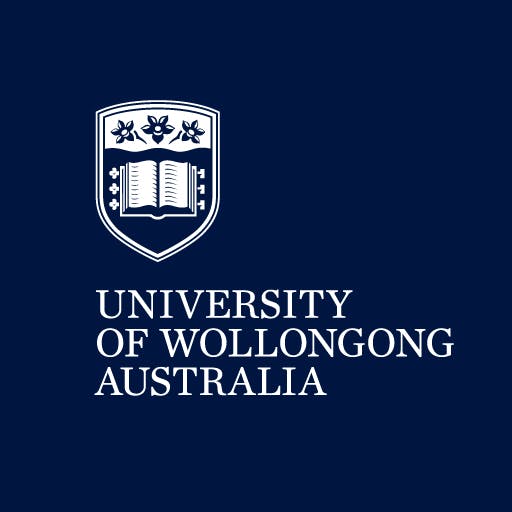Bachelor of Engineering (Honours) (Mechanical or Mechatronic) – Bachelor of Exercise Science
Bachelor of Engineering (Honours) (Mechanical or Mechatronic) – Bachelor of Exercise Science
The Bachelor of Engineering (Honours) – Bachelor of Science (Exercise Science) provides the skills and knowledge for the application of engineering techniques to problems in rehabilitation and biomedical technologies. You will gain a unique understanding of both engineering and the anatomical and physiological basis of human motion and biomechanics. Examples…
Categories
COURSE DESCRIPTION
The Bachelor of Engineering (Honours) – Bachelor of Science (Exercise Science) provides the skills and knowledge for the application of engineering techniques to problems in rehabilitation and biomedical technologies.
You will gain a unique understanding of both engineering and the anatomical and physiological basis of human motion and biomechanics. Examples include research and design of orthopaedic devices, rehabilitation engineering, development of prostheses such as artificial limbs or electronically controlled wheelchairs, and the development of biomaterials.
Exercise scientists look at the effect of exercise on human performance. They design, implement and evaluate exercise and physical activity for a wide range of people within the community. They provide programs for improving general health, the prevention of chronic diseases, health promotion and enhanced sports performance. There is a forecasted growth of 25.1% within Health Care & Social Assistance for 2017-2022 and this brings increased employment opportunities and career options. Source: Employment Projections
This degree
As an engineering student at UOW you can gain credit for relevant work experience, either in Australia or overseas, by participating in our Professional Options Program. You will undertake practical hands-on experience with industry for 12 weeks prior to the conclusion of your academic studies.
You will work in well-designed laboratories and workshops essential to the development of engineering skills. An effective experimental program is also a feature of our courses.
Why choose this course
UOW’s Engineering courses are designed to meet the needs of modern engineering. Sound fundamentals in mathematics, science, engineering science and communication lead to advanced studies in one of the branches of engineering offered by the University. A design thread through each of the programs leads to the skills needed for innovation in the competitive industries of the future.
UOW is a member of the Group of Eight (Go8) Deans of Engineering and Associates, in recognition of being among the top Australian engineering faculties. This achievement is a direct result of our world-class reputation in teaching and research.
Our health courses are taught by professionals who are world-leading researchers and experienced practitioners/clinicians, so the skills and knowledge you acquire can be applied to real-world challenges today and in the future. Our professional health degrees are highly respected and valued by industry, so the qualifications you earn will be recognised and highly sought after when you graduate.
Career opportunities
Biomedical Engineer
Computer Architect
Computer Systems Engineer
Civil Engineer
Construction Manager
Electronics Engineer
Electrical Engineer
Environmental Engineer
Geotechnical Engineer
Materials Engineer
Mechanical Engineer
Metallurgist
Mining Engineer
Network Engineer
Production Engineer
Security Engineer
Software Engineer
Structural Engineer
Systems Analyst
Telecommunications Engineer
Transport Engineer
Water Quality Manager
EDUCATIONAL INSTITUTION
The University of Wollongong (UOW) is a leading Australian university with an international reputation for academic excellence. It is consistently ranked among the top Australian universities for the quality of its teaching and research. The University offers a wide range of degree programs across all levels of study – undergraduate and postgraduate coursework and research: Engineering and IT, Health Sciences and Medicine; Business and Commerce Applied and Natural Sciences; Arts, Communications and Creative Arts; Law and Education.




